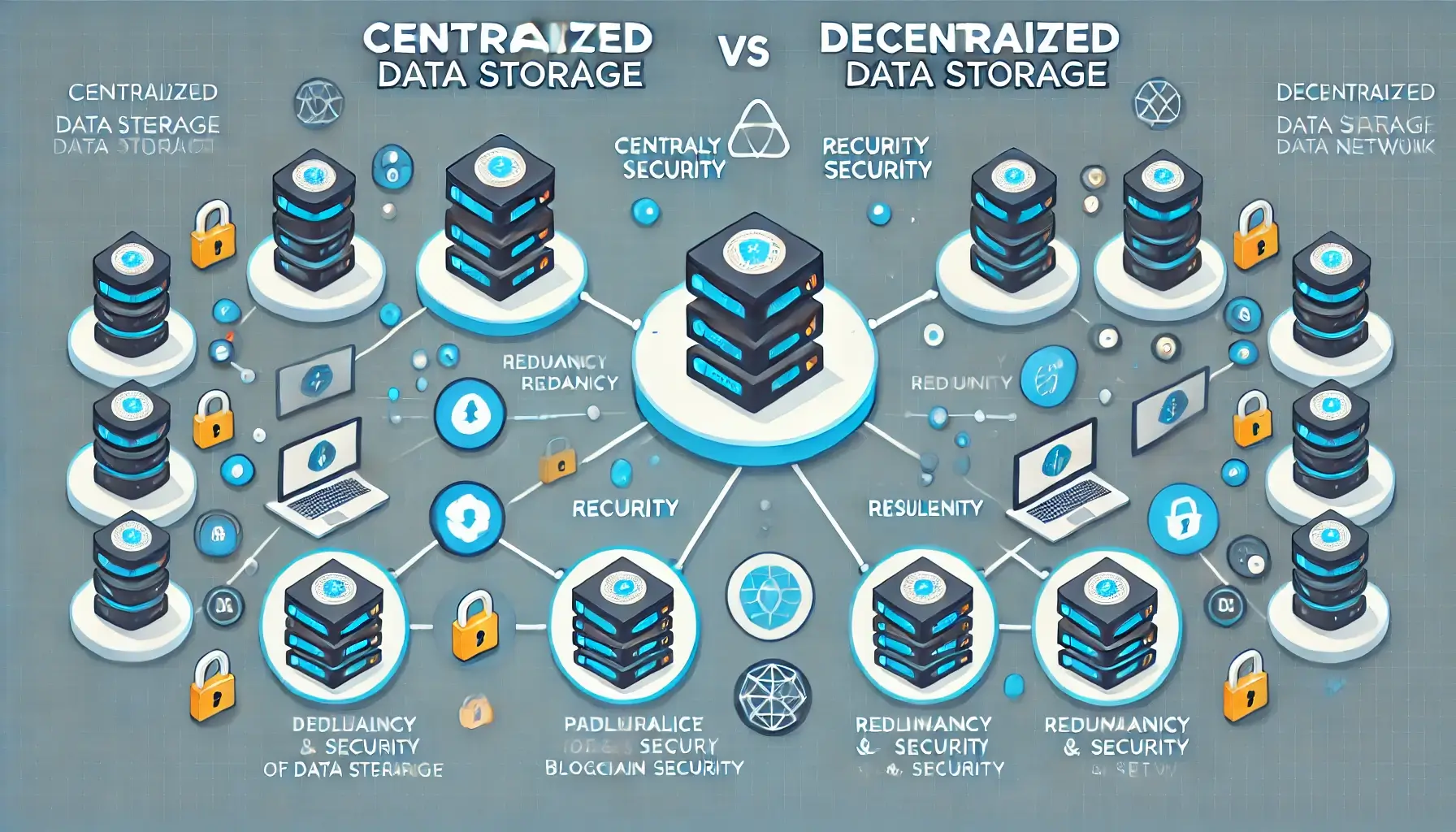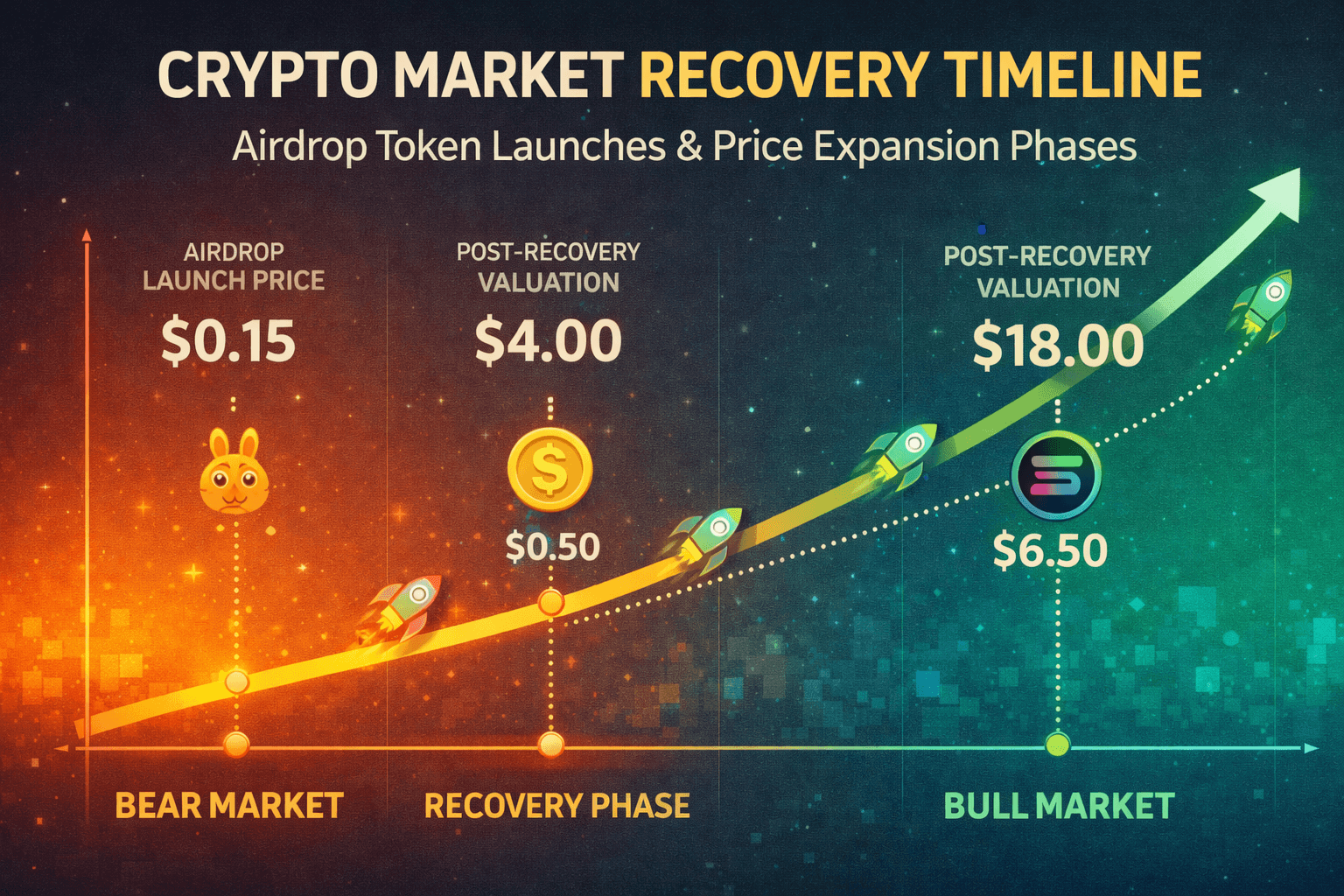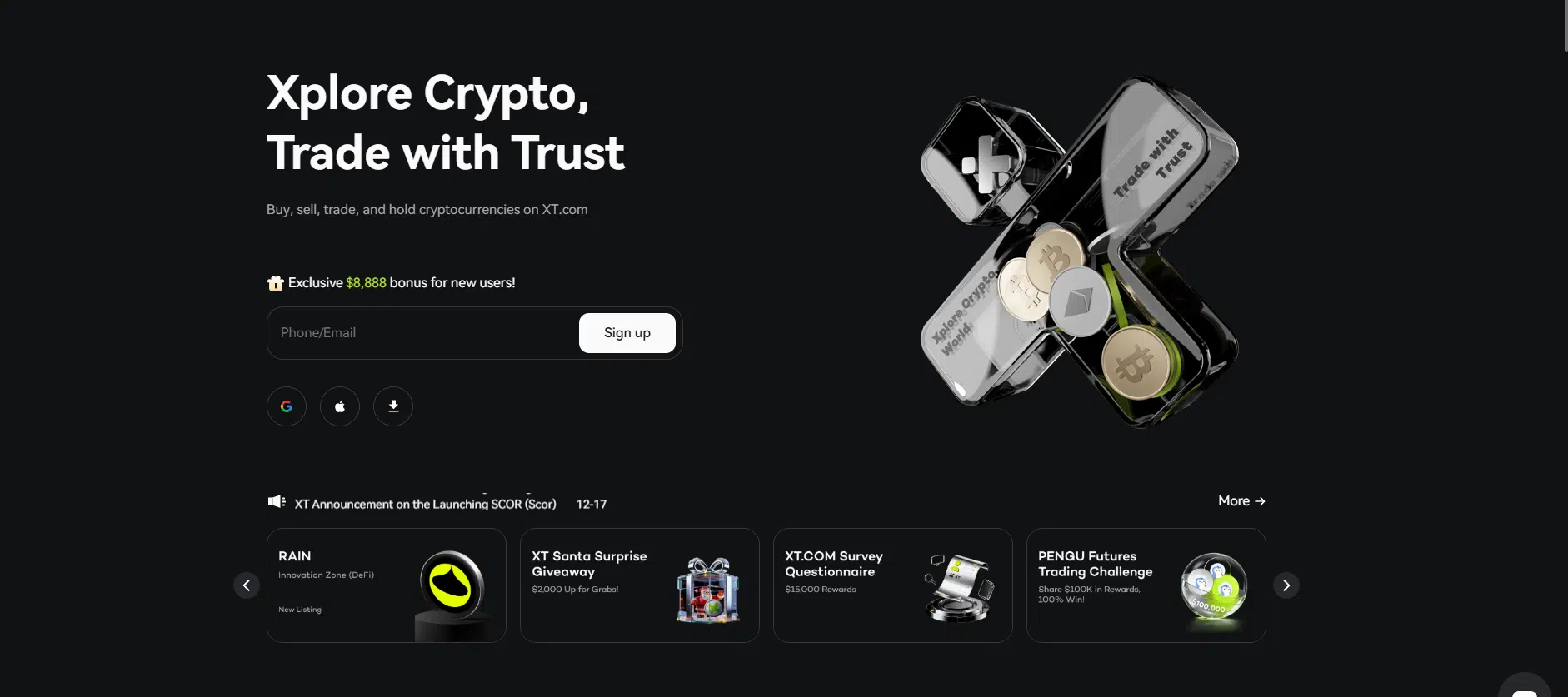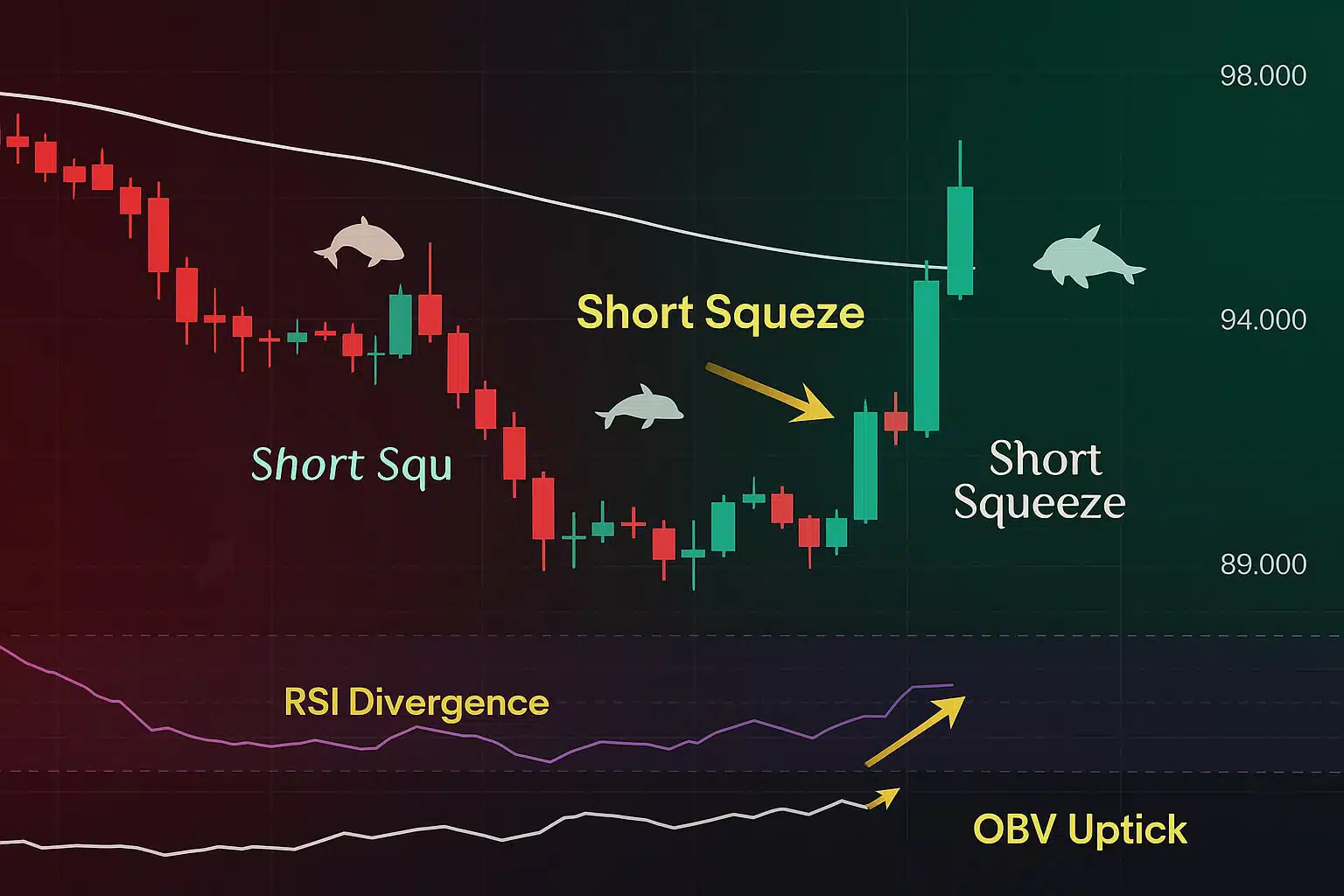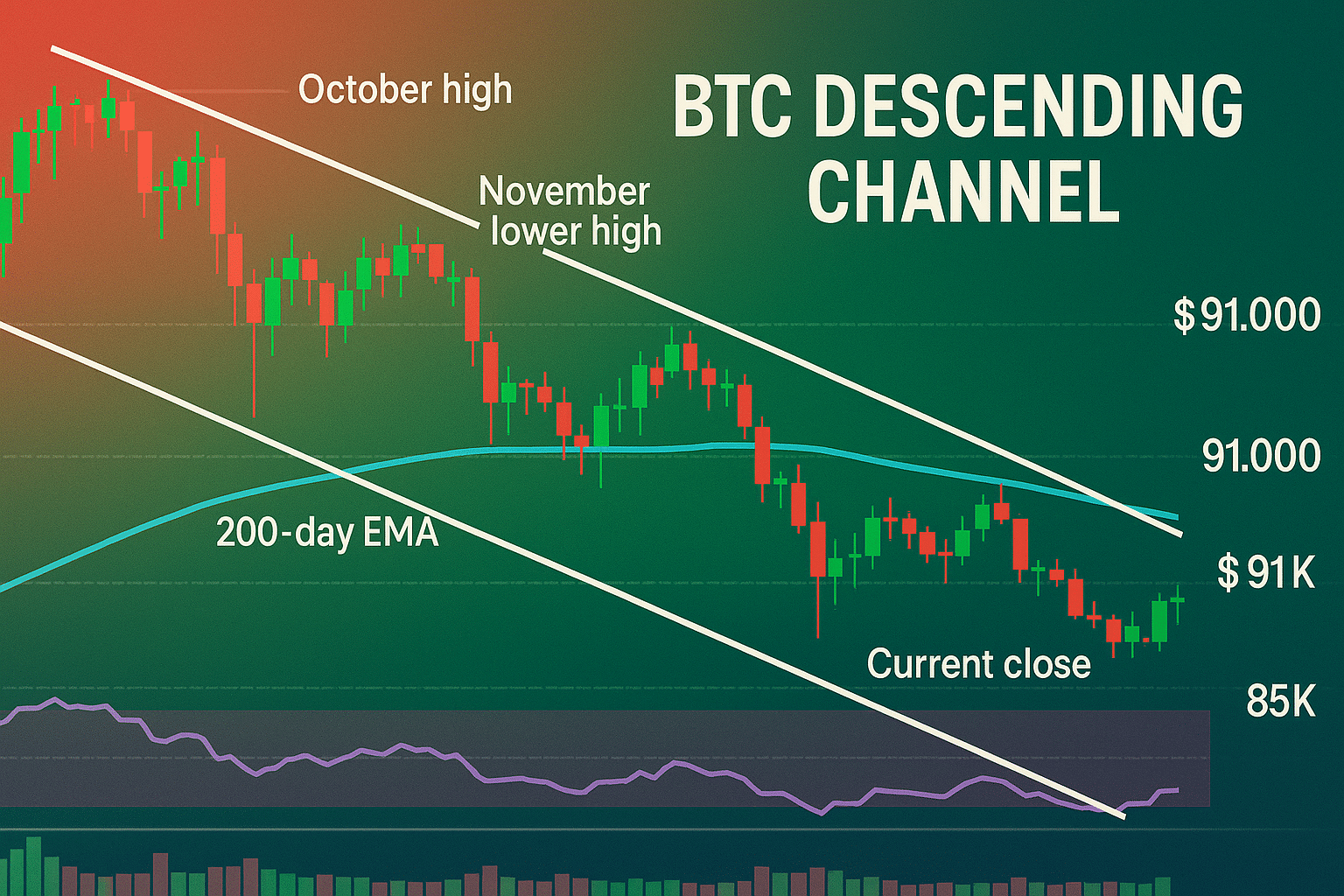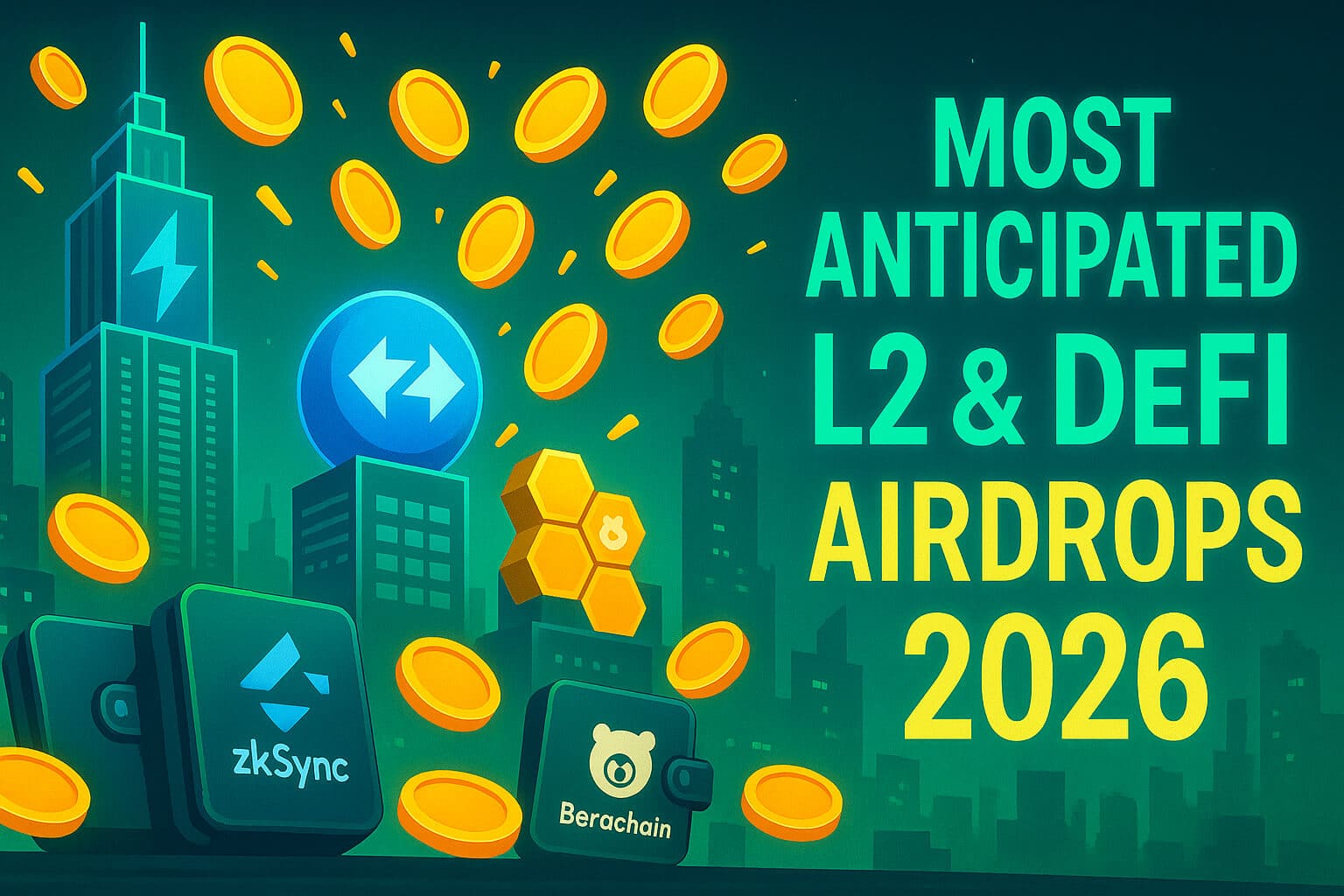1. Introduction to Blockchain in Digital Marketing
Digital marketing has long relied on centralized platforms, intermediaries, and large datasets to reach consumers and drive engagement. However, these traditional methods often face challenges related to transparency, data privacy, and consumer trust. Blockchain technology, a decentralized and immutable ledger system, is reshaping the landscape of digital marketing. By enhancing transparency, security, and consumer engagement, blockchain is transforming how marketers interact with their audiences and manage their campaigns. This article explores the impact of blockchain technology on digital marketing and highlights the various ways it is revolutionizing the industry.
2. Enhancing Transparency in Digital Advertising
Blockchain technology’s most significant contribution to digital marketing is the increased transparency it offers. In traditional digital advertising, brands often struggle to track where their ad dollars go, leading to concerns about fraud, inefficiency, and a lack of accountability. Blockchain addresses these issues by providing a transparent and traceable record of every transaction and interaction in the advertising ecosystem.
A. Combatting Ad Fraud
Ad fraud has plagued the digital marketing industry, costing advertisers billions of dollars annually. Fraudsters use bots, fake impressions, and click farms to manipulate ad metrics, making it difficult for brands to achieve a positive return on investment (ROI). Blockchain technology combats ad fraud by creating a transparent ledger of all advertising transactions.
- Immutable Records: Blockchain’s decentralized ledger ensures that every impression, click, and transaction is recorded and cannot be altered. In fact, this immutability makes it nearly impossible for fraudsters to manipulate data without detection. For example, a blockchain-based advertising platform can quickly detect and trace the source of suspicious activity. The platform can then take corrective action, reducing the impact of fraud on the campaign.
- Smart Contracts: Blockchain enables the use of smart contracts, which are self-executing contracts with the terms of the agreement directly written into code. In digital advertising, smart contracts automate payments only when there is genuine clicks or conversions. This ensures that advertisers only pay for verified interactions, reducing the risk of fraud.
B. Transparency in Ad Placement
In the traditional advertising model, the journey of an ad from the brand to the consumer involves multiple intermediaries, such as ad networks, exchanges, and publishers. This complexity often leads to a lack of transparency, where brands are unsure of where their ads are being placed and whether they are reaching the right audience.
- Decentralized Ad Platforms: Blockchain-powered advertising platforms like AdEx and Brave offer greater transparency by allowing brands to track the entire journey of their ads. These platforms use blockchain to record every step of the ad placement process, from bidding to display, ensuring that brands have full visibility into where their ads appear.
- Direct-to-Consumer Advertising: Blockchain technology enables direct-to-consumer advertising models, where brands can bypass intermediaries and connect directly with their target audience. For example, the Brave browser rewards users with Basic Attention Tokens (BAT) for viewing ads, allowing brands to engage directly with consumers. This reduces the inefficiencies associated with traditional ad networks.
3. Strengthening Data Security and Privacy
Data security and privacy are critical concerns in digital marketing, especially with the increasing scrutiny from regulators and consumers alike. Traditional marketing methods often rely on centralized databases that are vulnerable to hacks, data breaches, and unauthorized access. Blockchain technology offers a more secure and privacy-focused alternative by decentralizing data storage and giving consumers greater control over their information.
A. Decentralized Data Storage
Blockchain’s decentralized nature means that data is not stored in a single location but rather distributed across a network of nodes. This distribution significantly reduces the risk of data breaches, as there is no central point of failure for hackers to target.
- Secure Customer Data: In a blockchain-based system, customer data can be stored in a decentralized manner, making it more difficult for unauthorized parties to access or alter the information. For instance, instead of storing customer profiles in a centralized database, marketers can use blockchain to create secure, encrypted profiles that are only accessible to the customer and authorized parties.
- Data Integrity: Blockchain ensures that once data is recorded, it cannot be altered or deleted without leaving a trace. This immutability guarantees the integrity of customer data, providing marketers with accurate and reliable information for their campaigns.
B. Empowering Consumers with Data Ownership
Blockchain technology empowers consumers by giving them control over their personal data. In traditional digital marketing, consumers often have little say in how their data is collected, used, and shared. Blockchain changes this dynamic by enabling consumers to own and manage their data.
- Data Ownership and Consent: Blockchain-based platforms can implement mechanisms that allow consumers to grant or revoke consent for the use of their data. For example, a consumer could use a blockchain-powered app to specify which brands can access their data and under what conditions. If a brand violates these conditions, the consumer can revoke access, ensuring that their privacy is respected.
- Monetizing Personal Data: Blockchain also allows consumers to monetize their personal data by selling it directly to marketers. Platforms like Ocean Protocol enable users to share their data securely and receive compensation for it, creating a more equitable data economy where consumers benefit from their information.
4. Building Consumer Trust Through Authenticity
Consumer trust is a cornerstone of effective marketing, and blockchain technology helps brands build and maintain this trust by ensuring the authenticity of their products, services, and communications.
A. Verifying Product Authenticity
Counterfeit goods and false advertising are significant challenges in the digital marketplace. Blockchain provides a solution by enabling the tracking and verification of products throughout the supply chain, ensuring that consumers receive genuine goods.
- Supply Chain Transparency: Blockchain allows brands to create a transparent supply chain where every step, from manufacturing to delivery, is recorded on the blockchain. Consumers can use a blockchain-based app to scan a product’s QR code and view its entire journey, verifying its authenticity before making a purchase. This level of transparency can enhance consumer trust and loyalty.
- Anti-Counterfeiting Measures: Blockchain can also be used to combat counterfeiting by providing a verifiable record of a product’s origin and ownership. For example, luxury brands like LVMH are exploring blockchain solutions to ensure that their products are genuine. This allows customers to verify the authenticity of high-value items like watches or handbags.
B. Transparent Brand Communications
Blockchain can help brands build trust by ensuring that their communications are transparent and verifiable. In a world where fake news and misinformation are rampant, blockchain offers a way to prove the authenticity of marketing messages.
- Proof of Authenticity: Blockchain can be used to create a “proof of authenticity” for brand communications, such as press releases, advertisements, and social media posts. By recording these communications on the blockchain, brands can provide verifiable evidence that their messages are genuine and have not been altered or tampered with.
- Combatting Misinformation: In addition to proving the authenticity of their own communications, brands can use blockchain to combat misinformation. For example, a news outlet could use blockchain to verify the source of its content, ensuring that readers receive accurate and trustworthy information.

5. The Future of Blockchain in Digital Marketing
The integration of blockchain technology into digital marketing is still in its early stages, but its potential is enormous. As blockchain continues to evolve, we can expect to see even more innovative applications that enhance transparency, security, and trust in the marketing industry.
A. Blockchain-Based Loyalty Programs
One promising area of development is blockchain-based loyalty programs. These programs can offer greater flexibility and value to consumers by allowing them to earn and redeem rewards across multiple brands and platforms.
- Interoperable Rewards: Blockchain enables the creation of interoperable loyalty tokens that can be used across different brands. For example, a consumer could earn loyalty points from one retailer and spend them at another, creating a more versatile and valuable rewards ecosystem.
- Transparency in Rewards: Blockchain also ensures that loyalty programs are transparent and fair. Consumers can track their rewards on the blockchain, ensuring that they receive the points or tokens and that the rewards are not devalued or manipulated by the issuing company.
B. Decentralized Content Platforms
Blockchain technology is also paving the way for decentralized content platforms. In fact, creators can publish and monetize their work without relying on intermediaries like social media companies or content networks.
- Direct Monetization: Blockchain allows content creators to monetize their work directly through microtransactions, tips, or subscriptions. For example, a blogger could use a blockchain-based platform to publish articles and receive payments in cryptocurrency from readers. This is without having to share a portion of the revenue with a third-party platform.
- Content Ownership: On a decentralized platform, creators retain ownership of their content and can control how it is distributed and monetized. Blockchain ensures that creators are fairly compensated for their work and that their intellectual property rights are protected.
Blockchain: Revolutionizing Trust in Digital Marketing
Blockchain technology is revolutionizing digital marketing by enhancing transparency, security, and consumer trust. From combating ad fraud and ensuring data privacy to building consumer trust through authenticity, blockchain offers innovative solutions to some of the most pressing challenges in the marketing industry. As blockchain continues to develop, its impact on digital marketing will only grow, creating new opportunities for brands and consumers alike to engage in more transparent, secure, and trustworthy ways.
For more insights and detailed guides on blockchain applications, visit our Cryptocurrency Comparisons Guides.
Stay Updated
For the latest updates on blockchain technology and its impact on digital marketing, follow us on:
Stay informed with the latest strategies and insights in the world of cryptocurrency at FreeCoins24.io.
Special Offer
Looking to leverage blockchain technology in your digital marketing strategy? Sign up on Bybit today and take advantage of up to $30,000 in deposit bonuses. Don’t miss out on the chance to innovate your marketing efforts with blockchain on a trusted platform.


